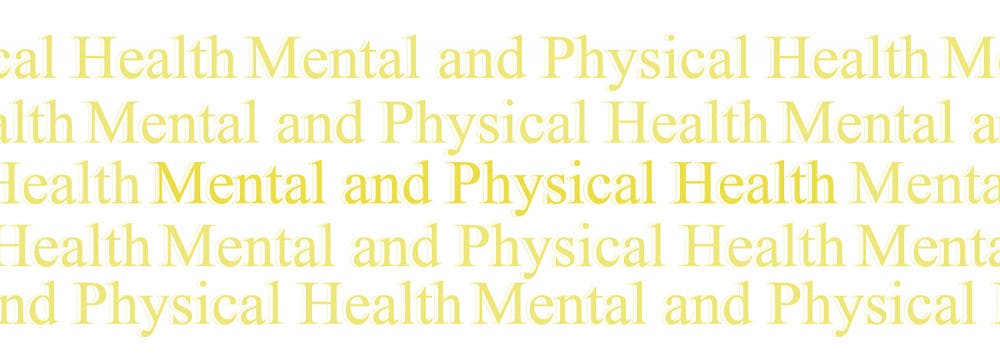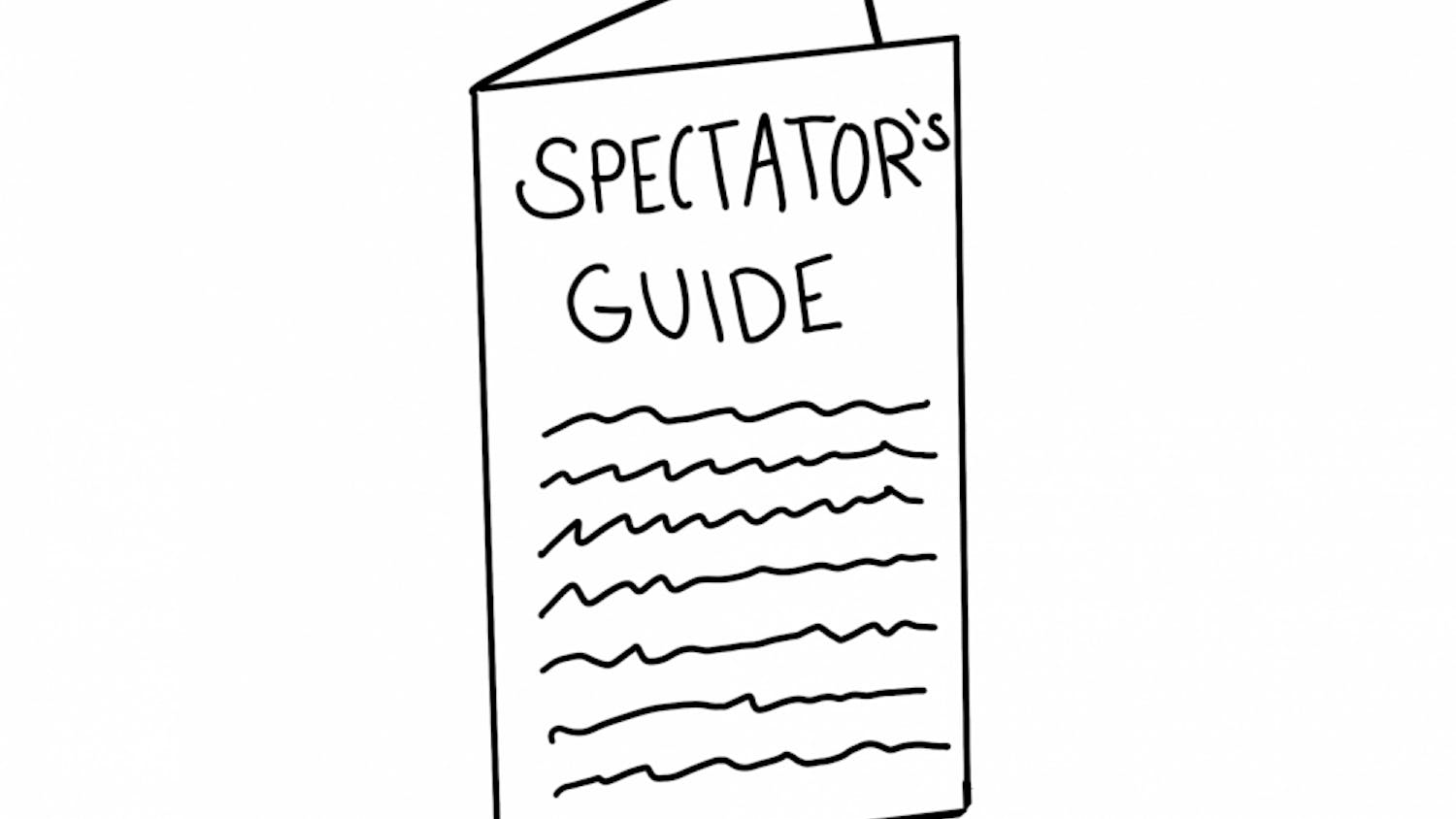As the school year moves into the home stretch of the spring semester, final exams, summer jobs and future plans loom on the horizon. It is a hectic time when the grinding, everyday stresses and anxieties begin to attack from all angles, further exacerbating mental health issues.
In recent years, college mental health issues have received increasing attention by the mental health community, the public and school administrators. Events like the series of suicides at New York University in 2004 received prominent media coverage, turning college student mental health issues into a pressing public health and policy concern.
On our own campus, over 70% of students said they feel lonely at least once in any given week. Tthe data also shows that students of color feel disproportionately lonely. A 2015 national survey found that although students of color have similar rates of mental illness in comparison to their white peers, they report higher rates of emotional distress in their first year and are half as likely to seek counseling services. Additionally, students of color report disproportionately higher rates of loneliness compared to their white counterparts. Stigma, reluctance to seek help for mental health needs, and cultural mistrust of mental health professionals may contribute to this disparity.
Simply providing counseling services doesn't necessarily solve the problem. Mental health on college campuses is a notoriously complicated issue, with causes and effects that researchers are still trying to pin down. Schools have moved from solely working to expand access to treatment to a whole host of prevention initiatives, making their campus and students healthier and more resilient to prevent problems from arising in the first place.
In order to meet an increasing demand, colleges and universities across the country have begun to ramp up their services for undergrads in distress. Middlebury’s Parton Health Center has increased the number of counselors five-fold in the last 25 years. There are now seven counselors on staff and three interns, as opposed to two counselors in 1995. Parton now holds over 3,600 counseling sessions per year, and over 26% of the student body has interacted directly with a counselor in the last year.
On April 18, The Campus reported that Parton has joined a national program which helps schools improve their suicide prevention services as well as support for substance abuse and other mental health issues. The coming years may see changes in staffing within the counseling department, the availability of counseling to students who are abroad, the creation of support groups for mental health issues and the creation of a counseling app.
Even with the improvements in recent years, Zeitgeist results found that less than 50% of students are satisfied with Parton. Although a majority of students at the college agree they would know where to go to seek professional help for mental or emotional health, students have complained about the lack of counselors available to meet the growing demand for counseling services.
Parton’s website states a mission to “promote, enhance and support students’ emotional and interpersonal well-being within a safe, confidential environment.” To schedule an appointment, hear more about Parton’s services, or speak to a counselor call 802-443-5141.
Over 70% of Students Feel Lonely At Least Once Every Week

Comments



